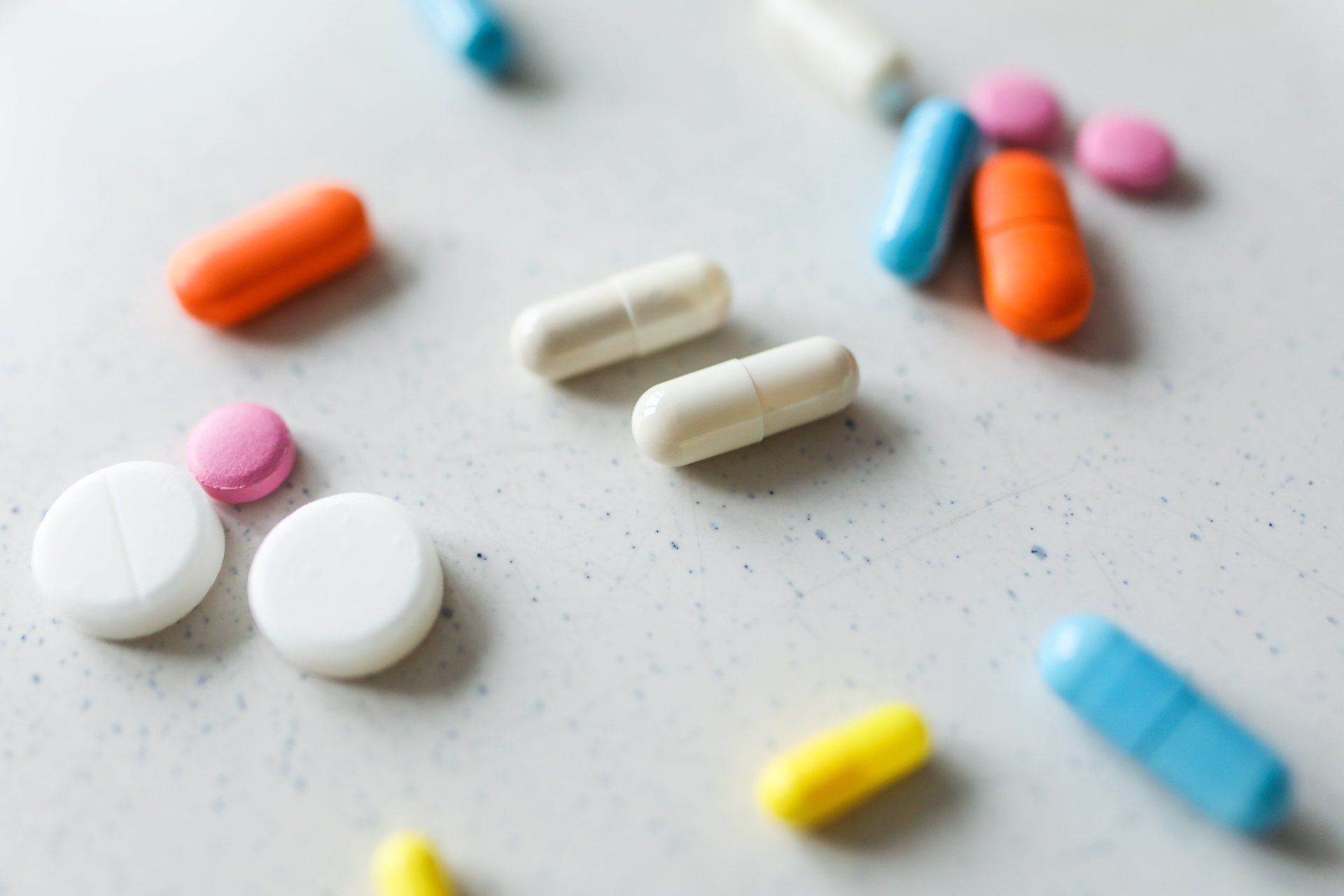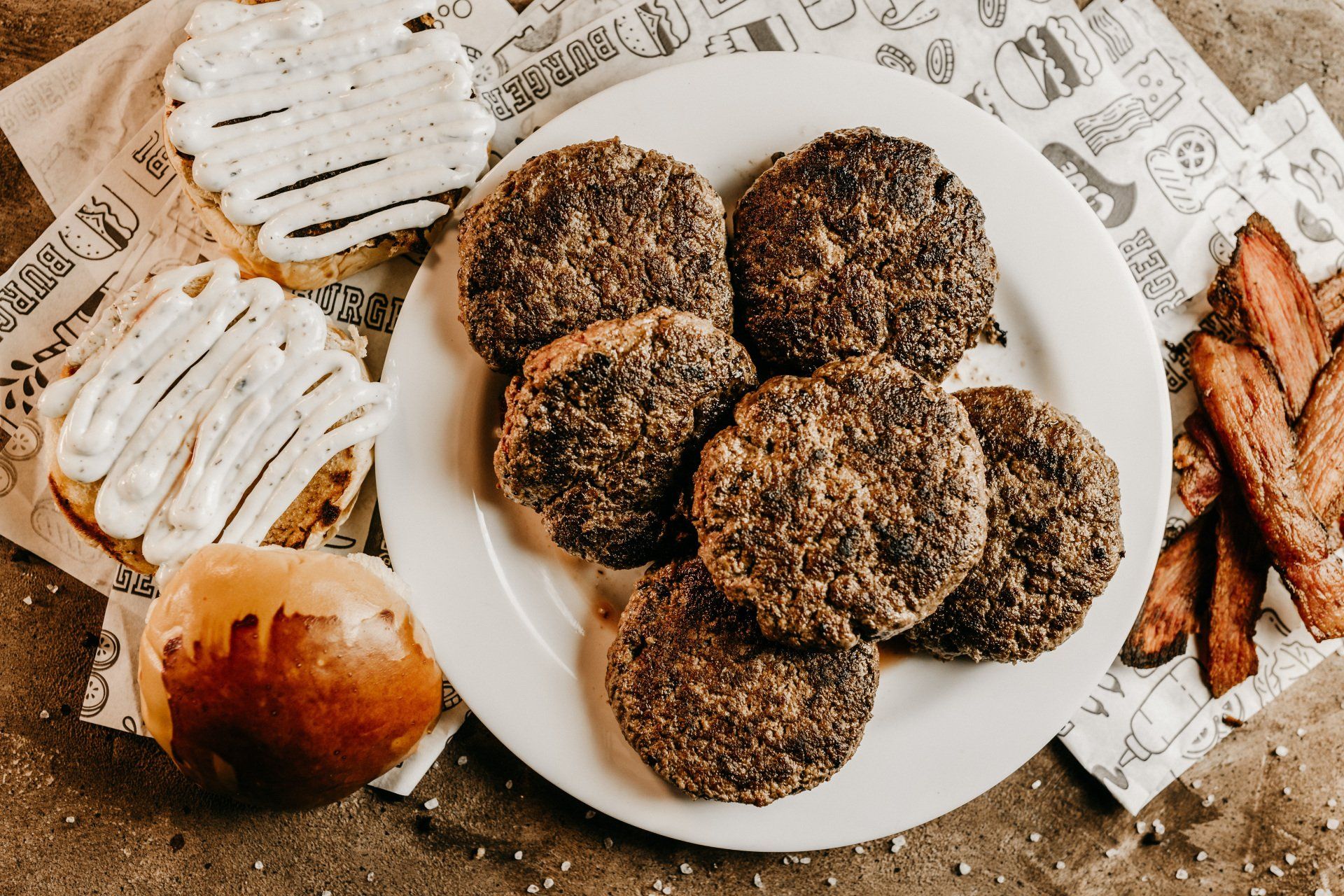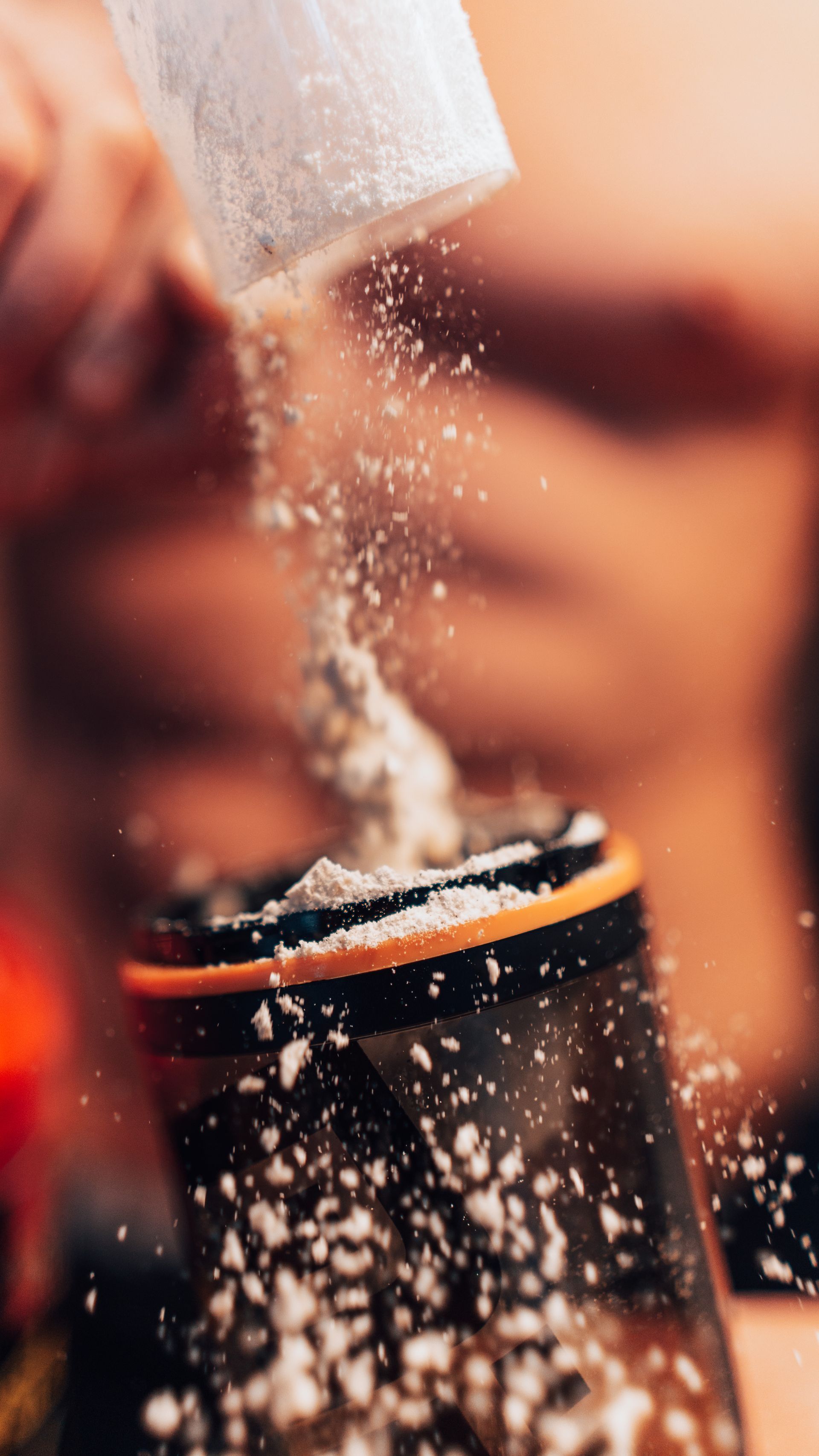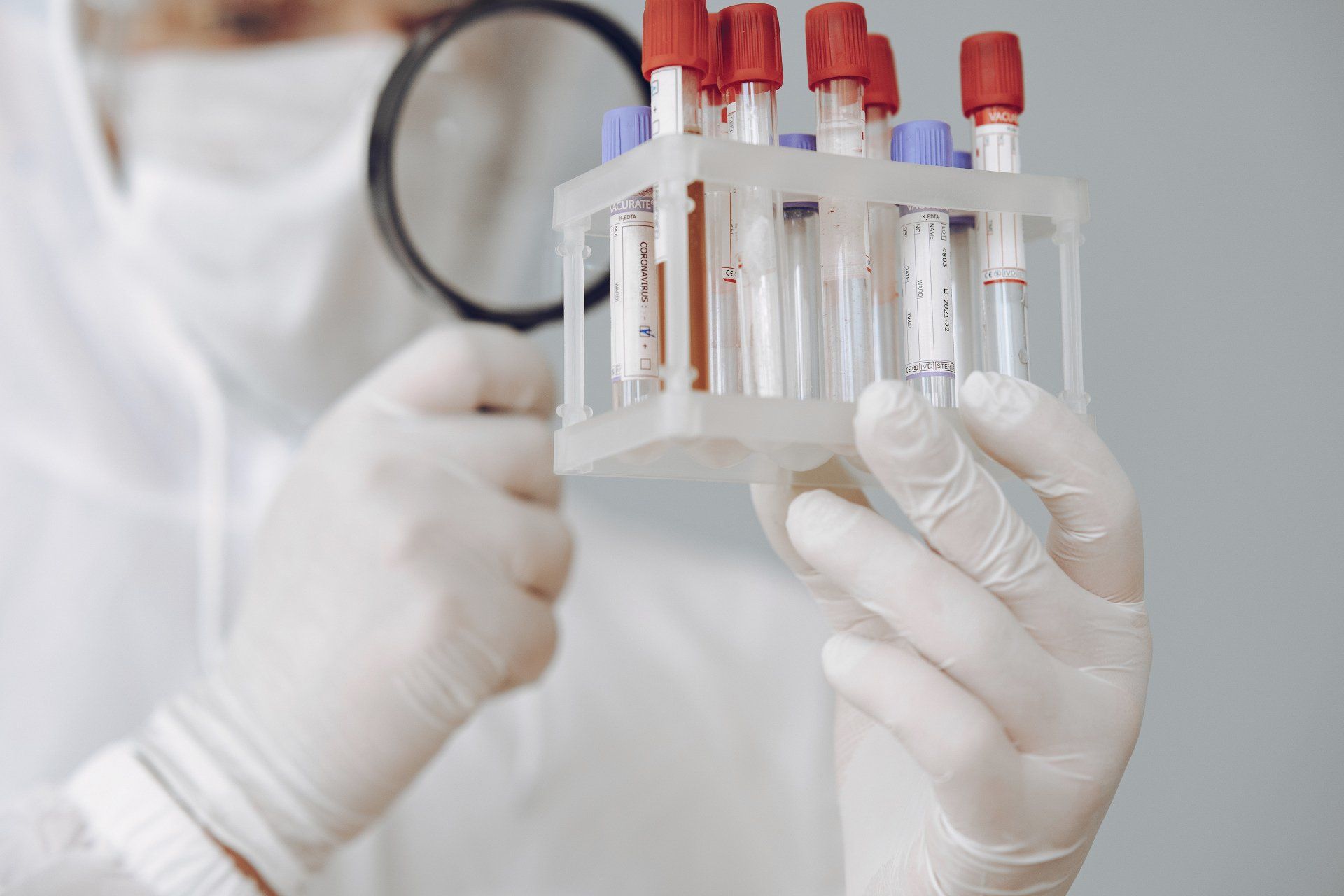Ever have a ‘Gut Feeling’ something didn’t feel right? Have you ever been about to go on stage, or give a presentation, and feel like you have ‘butterflies’ in your stomach? Or, have you ever felt anxious, then had some food to try and calm your nerves, only to realize you now have a stomach ache (aka you pissed off the nerves in your stomach). This is all related to something we like to call the Gut-Brain Axis.
Gut-Brain Axis 101.
Within our bodies, we have this bi-directional communication network between our brain and our GI system. Now this all has to do with very complex aspects of embryology that are beyond the scope of this article, so just know that the brain and the gut started talking when you were developing inside your mother. The brain tells your gut that you are hungry and or you see food, and to prepare the necessary digestive processes for the incoming food. Your gut then communicates with your brain that the ‘gut’ is full, its basic needs are met, and to tell the brain to ‘switch off’ your hunger mechanisms. This bi-directional communications happens by way of the longest nerve in the body. You have nerves that originate from your spinal chord and brain and make their way to your hands, feet and even your organs. This is where the Vagus Nerve comes in.
As you can see, the Vagus Nerve starts near the back of our skull and descends its way down to much of our visceral organs (Heart, Stomach, Small and Large Intestine). So when the brain says it hungry, a neuroendocrine (brain and hormonal) signal will be sent via the vagus nerve to the gut, then back up to the brain via the Vagus nerve yet again once your stomach is full.
Now, we’ve just scratched the surface regarding the Vagus Nerve, but hopefully you have a brief idea of how the Brain and Gut communicate with one another.
Gut Biome and Brain Function
Our Gut Microbiome (the bacteria living within our gut, p.s., we have more bacteria in our gut then we do cells in our whole body) have a huge influence on aspects of brain function. Stress responses, emotional behavior and pain perception have all been related to changes in your microbiome (Mayer et al, 2015). There is also a thought that our mothers microbiome can have an influence on fetal brain development (That’s right, we get our ‘brains’ from mom). The microbiome also produces starting material for some of our bodies Neurotransmitters (‘feel good’ brain chemicals) such as Serotonin, which has been implicated in anxiety and depression. Around 90% of Serotonin is produced within the Gut, so an un-healthy (dysbiotic) gut could leave you with poor Serotonin production (Reigstad et al, 2015).
Leaky Gut and Leaky Brain
I’m sure some of you have become familiar with the term ‘Leaky Gut’ (Intestinal Hyperpermeability as its known in the wonderfully non-complex world of medicine). A condition in which the protect layer of our GI Tract becomes damaged, or leaky, and lets things (good and bad) get into the bloodstream and systemic circulation. The Gut actually serves as a protective boundary between the outside of our bodies and the inside (stuff we eat, bacteria, viruses are on the outside and the bloodstream would be considered the inside). But what we’re finding is this concept is also evident in the Brain. So now things not normally meant to travel into the Brains tissue (bacteria, viruses) can make their way in and cause some serious damage. Common lifestyle factors such as stress, eating pro-inflammatory foods, blood sugar dysreguation, alcohol and even too much exercise can cause both the Gut and Brain to be ‘Leaky’.
Research is beginning to shed light on the fact that the leakiness of the gut specifically is leading to the wrong things (inflammatory markers as a result of the previously mentioned lifestyle factors) getting into the body, and contributing to anxiety and depression (Clapp et al, 2017). These inflammatory molecules can also travel via the Vagus Nerve from the gut and make their way back up to the brain, thus interfering with normal cognitive function.
GI Disorders and Mood Disorders
Irritable Bowl Syndrome (IBS) effects anywhere from 10–20% of the western population, and 1 in 5 adults have experienced a ‘mental illness’ within the last 12 months (Nami.org). This kind of begs the question, could there possibly be a connection between the two? Researchers have cited that in those with both GI and mood disorders, 2/3 of them reported the GI symptoms happened before the psychological symptoms( Koloski et al. 2016). Other research found that in people with Inflammatory Bowl Disease (Ulcerative Colitis & Crohns Disease) nearly 30% of them reported having mood disorders as well (Farrokhyar et al, 2006).
So what does that look like in real life? That indigestion or that abdominal pain after meals has the potential to cause you to feel anxious, stressed, maybe even slightly depressive for what you may think is for ‘no reason’. Having Diarrhea or Constipation alone is enough to make you feel off, but the conditions themselves could kick off a physiological cascade that causes you to feel brain fog, sad while you’re out with your best friends, or anxious when your taking a test.
Great. I’m bloated and I’m anxious. What can I do about it?
Potential Remedies
Let me start off this section buy saying that everybody’s body is different, so what may work for you may not work for someone else and vice versa. But there are what I like to call ‘Fundamental Pillars’ of having a healthy gut. These include eating a vast array of whole, minimally processed foods that will provide our gut bacteria with the nutrients they need. Trying to keep alcohol, antibiotic and artificial sweetner use to as little as possible as these can deplete our beneficial bacteria. Get your circadian rhyme and sleep cycles in order, make sure to move your body in some sort of fashion each and every day, and probably most importantly, think good thoughts. There is a growing body of evidence reporting that negative self worth and stress can wreck havoc on our gut bacteria.
I understand that these sound very simple, but having a healthy gut for most of you, will come down to keeping things this simple. Like I’ve mentioned in previous articles, once you’ve got these ‘Fundamental Pillars’ of gut health down, then you should start looking at more targeted therapies such as Probiotics, low FODMAP diets and Turmeric. Interesting enough, Probiotics have a lot of high quality clinical evidence for improving mood in people with depression (Huang et al, 2016). So if you have already got everything else down lifestyle wise, Probiotics may be a good place to start supplementation wise.
As always, trust in Your gut.
Disclaimer: This is not meant to convey medical advice, if you’re looking for such please consult a qualified medical practitioner.








